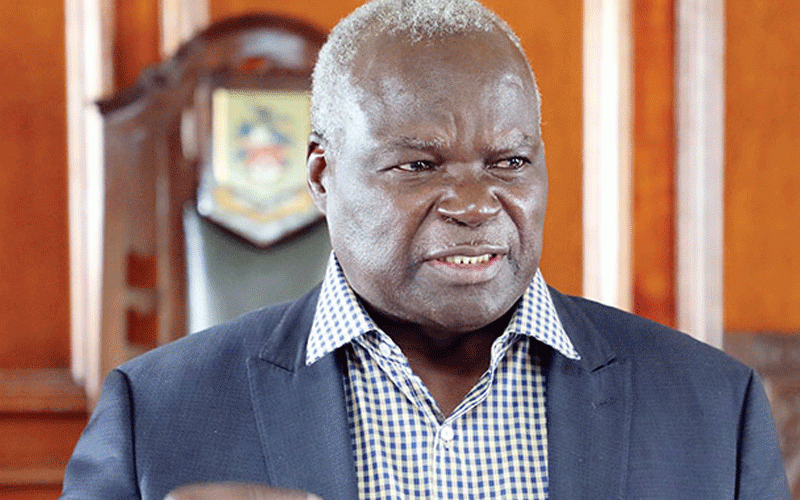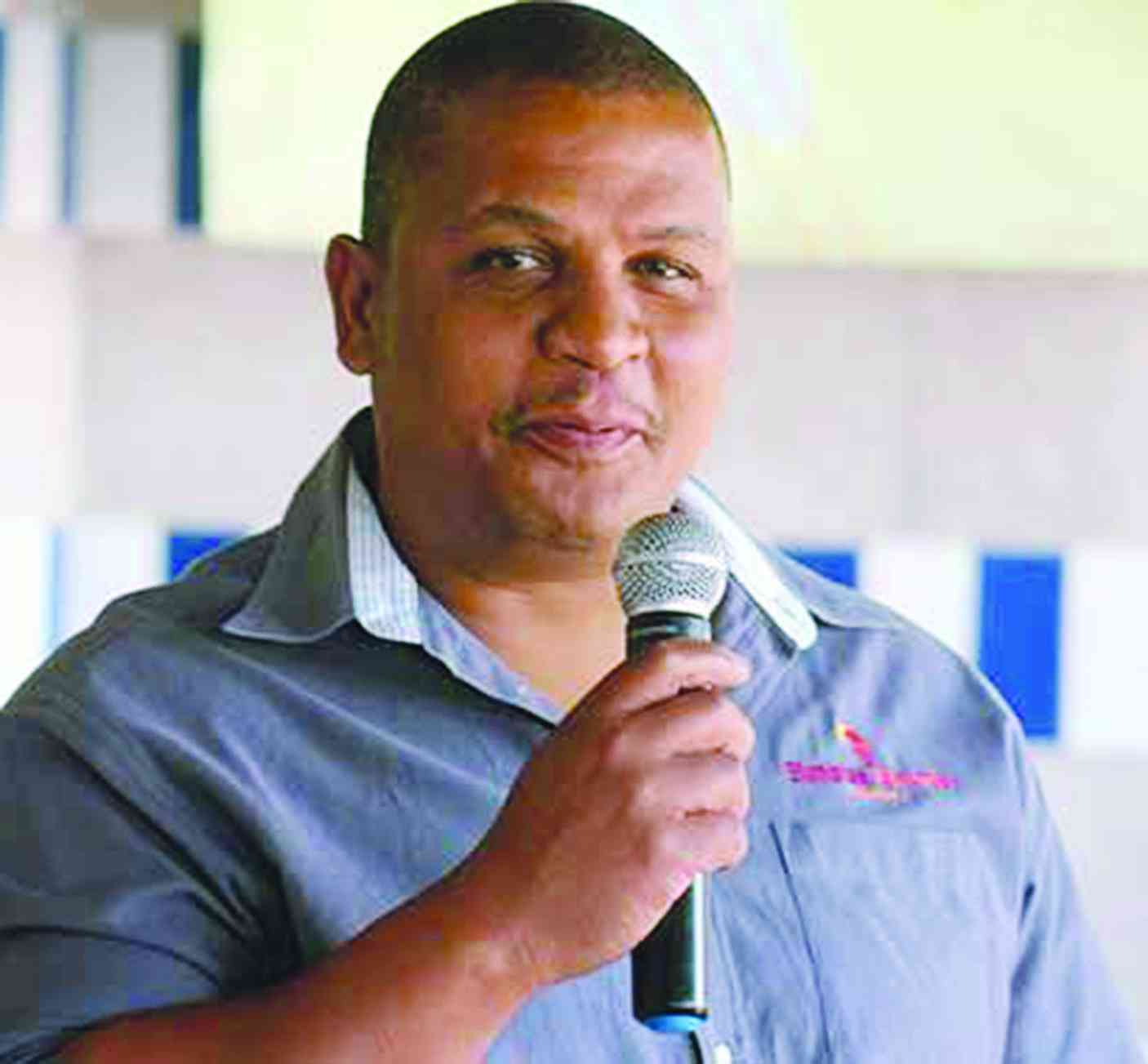
GOVERNMENT says it will be more inclusive in its food aid programme, expanding it from the less privileged populations to those working but finding it difficult to make ends meet throughout the country.
This was revealed last Friday by the Public Service, Labour and Social Welfare ministry at a stakeholder meeting to discuss African Risk Capacity insurance payout at the Rainbow Hotel in Bulawayo.
Public Service, Labour and Social Welfare minister July Moyo said the food programme would not only benefit the vulnerable such as people with disability, orphans and the elderly, but would also cater for those who are working but are struggling to make ends meet.
“The food programme will also extend to those people who are living from hand-to-mouth. We will make sure to have people going around checking the situation in each particular homestead which will be added to benefit from the food vouchers,” Moyo said.
“Government knows that if we end up giving cash strictly, we will create problems for our people, hence the reason why we think resorting to food vouchers is better.
“Secondly, we already know because of this scarcity, we are not going to have the market forces in the rural areas, hence I know the Grain Marketing Board has said it will revive its food distribution network. But those are for people who are not on our lists.”
Added Moyo: “Even though we are liberalised to say out of nine million people, 6,2 million people are getting food. We still have more than two million who have money and it still won’t be enough to buy food.”
He spoke of the improvement of delivery of food so that it is easily accessible to the people.
- SA insurer targets Zim after US$2.4 million payouts
- SA insurer targets Zim after US$2.4 million payouts
- Insurance key in renewable energy transition
- Insurance key in renewable energy transition
Keep Reading
Sometime in June this year, Binga South legislator Fanuel Cumanzala demanded answers and assurances from Moyo that deserving beneficiaries will not be sidelined on political grounds.
Cumanzala also questioned whether Moyo’s ministry was ascertaining the quality of the food aid before distributing it to beneficiaries.
In response, the minister said the distribution of food aid would be done via traditional leadership structures.
He said traditional leaders were the best persons to identify beneficiaries and co-ordinate the food distribution exercise.
Moyo said villagers were free to complain if they felt that the selection of beneficiaries and distribution of food aid was being politicised.
He also asked for assistance from United Nations agencies, partners and the non-governmental organisation communities, both domestic and international.
President Emmerson Mnangagwa in April declared the El Niño-induced drought a state of national disaster and appealed for US$2 billion in food aid before revising the figure upwards to US$3 billion.
The UN further made a flash appeal to raise a further US$429,3 million for humanitarian assistance to feed at least 3,1 million Zimbabweans.
Estimates by government and humanitarian agencies say at least eight million Zimbabweans may need food aid until the next harvest season.






